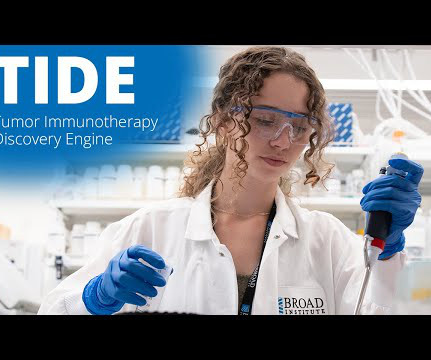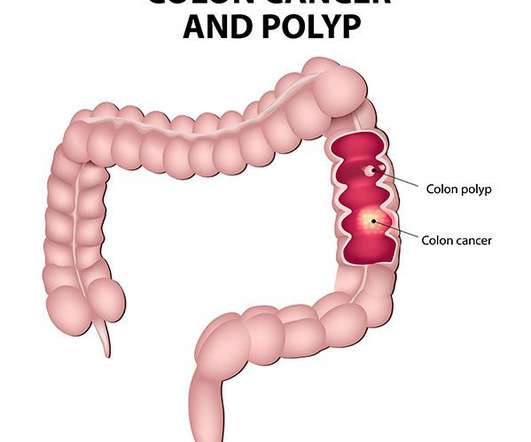The science of ageing and restoring healthspan
Drug Target Review
JANUARY 8, 2024
Modifications to the epigenome, such as DNA hypermethylation, modify the expression of genes by increasing or decreasing their expression without altering the genes themselves. a clinical-stage private biopharma company developing therapies for neurological and psychiatric diseases. acquired by Teva Pharmaceuticals in 2014.











Let's personalize your content